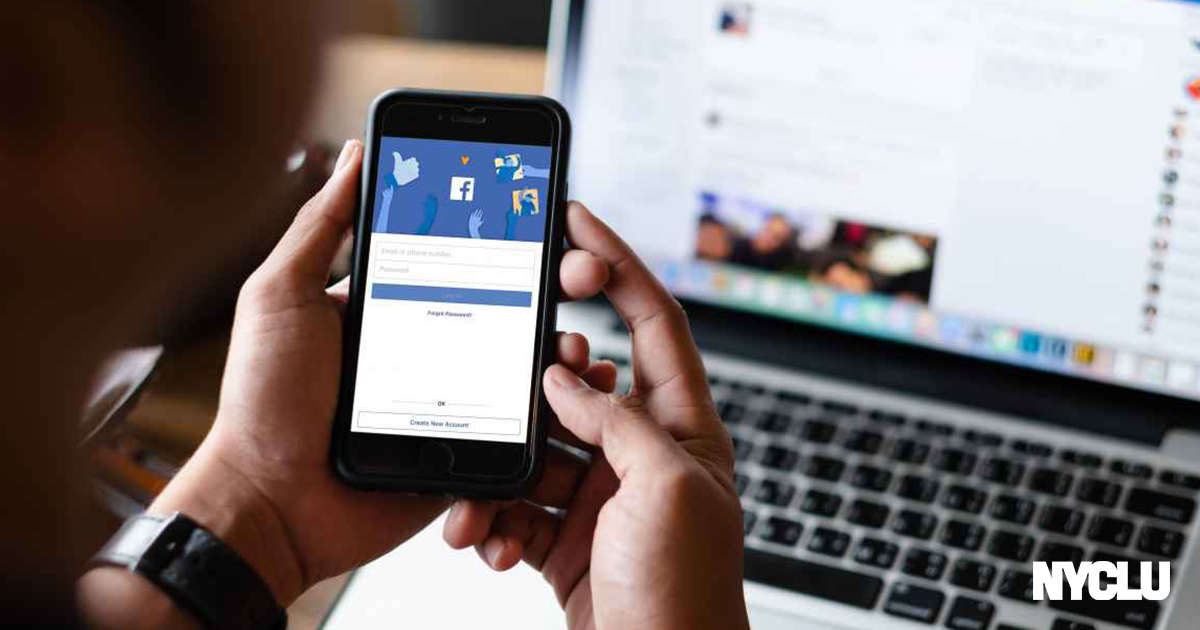Know Your Rights: Students in Higher Education & the First Amendment
Civil Liberties Union

For generations, physical spaces – like public squares and town halls – have been critical forums for people to speak out on issues of public importance. But with the rise of social media, the avenues for members of the public to speak with their elected officials have expanded. Facebook comments and Twitter retweets are replacing the public meeting. In fact, the Supreme Court recently called these sites, “the modern public square,” where constituents can “petition their elected representatives and otherwise engage with them in a direct manner.”
If a public official uses their account to carry out their role as an elected official, then their page or account is subject to the First Amendment. That means they cannot engage in most forms of censorship such as blocking someone or deleting someone’s comments just because of their subject or opinion. It is also generally unacceptable for the official to ask the platform to delete comments for them.
This KYR is not a replacement for legal advice.
Even online, your First Amendment rights remain with you. While private individuals and the platform itself can censor you, government actors cannot generally censor you based on the content of your communication. If the account page is determined to be official, then they should not exclude anyone for having differing viewpoints. They may not block users, delete comments, or otherwise restrict engagement on the basis of viewpoint.
If an official’s social media page is being used as an extension of their office office, there are certain things they can and cannot do.
First, be sure to screenshot the censorship or otherwise document any censorship. Next, you should contact the public official for more information, and ask for your access to be restored, as your constitutional rights are being violated. Ask for their social media policy. Finally, point the official, or their office, to these resources, if they still refuse.
Email us at legalintake@nyclu.org with “First Amendment Concerns” in the subject line. Include as much of the following information as you can:
We collect information about the violation of peoples’ rights so we can understand the scope of the problem, but we aren’t able to help everyone who contacts us.